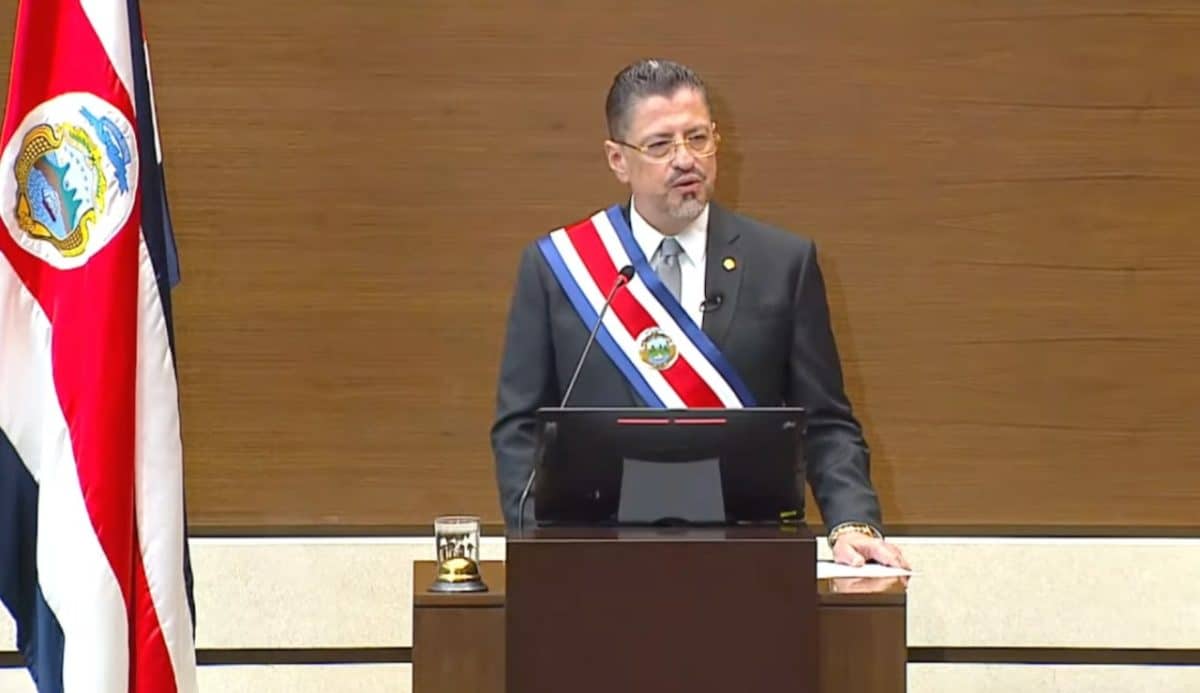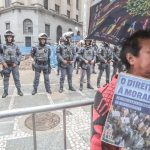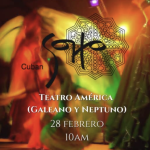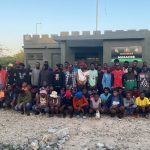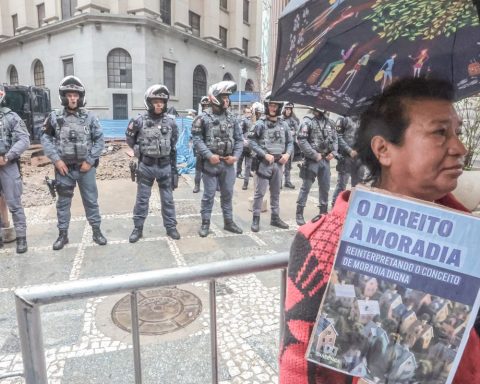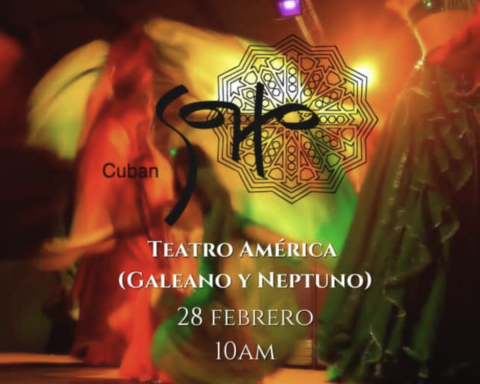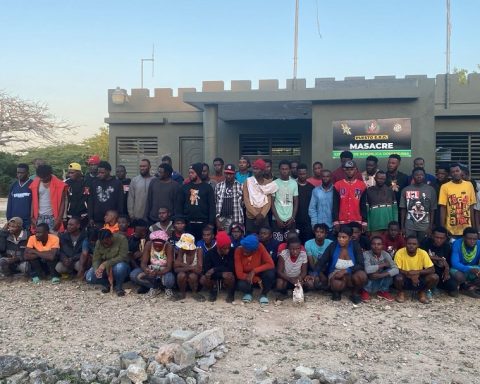For the first time since he took office on May 8, Costa Rican President Rodrigo Chaves referred to the political prisoners in Nicaragua, expressing his concern and his interest in establishing contact with Daniel Ortega. This was stated during an interview granted to Voice of America within the framework of the IX Summit of the Americas that concludes this Friday, June 10, in Los Angeles, California.
Journalist Carolina Valladares asked Chaves if he had had time to speak with President Daniel Ortega. “I would love to talk with him about the issue of political prisoners, that is something that Costa Ricans, due to historical tradition and natural inclination, cause us serious concern and sadness, but I have not spoken with Daniel Ortega,” he replied.
Chaves said that he has not spoken with Ortega, that he was not invited to his inauguration on May 8. “We have not established contact at this time. Costa Rica has a Nicaraguan ambassador, but we have not sent an ambassador to Nicaragua”, he detailed. Costa Rica was the first country to rule on the voting on November 7 in Nicaragua, considered a farce by most countries and entities of the international community, after the Ortega Murillo regime imprisoned all the presidential candidates.
The then president of Costa Rica, Carlos Alvarado, did not recognize the results. “Costa Rica reiterates that the actions carried out by the Government of Nicaragua against important political and social actors, opposition leaders, youth groups and the media in that country contravened the free exercise of democracy, the guarantee of political pluralism and freedom of expression. ”, stated the Ministry of Foreign Affairs and Worship of Costa Rica in a statement.
The question answered by the current Costa Rican president was framed in a conversation about the inclusion and exclusion of countries to the Summit of the Americas, since on this occasion, in which the host was the United States, the dictatorships of the hemisphere were not invited. Nicaragua, Cuba and Venezuela.
“I believe in communication, but democracies have to work together to help other countries to be democratic. The great debate is to include them to continue speaking or exclude non-democratic countries so that they know that the rest do not support”, considered Chaves. “Costa Rica, which is a very old and well-established democracy, would like to see all the peoples of the hemisphere with democratic governments, peace and prosperity,” he added.
The Costa Rican president also referred to the concern generated by the routine entry of Russian military troops into Nicaragua. Recently, a Russian presenter from Vladimir Putin’s propaganda machine exaggerated the authorization in 2022 for the entry of Russian military troops, ships and planes to Nicaraguan soil.
Chaves requests help to serve migrants and refugees
In the same interview, Chaves emphasized that Costa Rica has received migrants throughout its history, mainly from Nicaragua. “Almost 15% of our population (is) from Nicaragua, we are giving them health and education at a high cost for our fiscal space, but we do it with a lot of love and with open arms,” he said.
“Aid is needed from the countries that benefit most from Costa Rica’s generosity,” referring to “countries that have more resources, because, if not, those migrants would go there,” he said.
President Chaves met this week during his visit to Los Angeles with Filippo Grandi, United Nations High Commissioner for Refugees. “Refugees are a problem that Costa Rica has helped solve for many years,” Chaves said in a video broadcast by the Presidential House. “We spoke with the United Nations, the message is: Costa Rica is a charitable country, but we are having economic problems to help these refugees and other types of migrants as they deserve,” he added.
Grandi, for his part, said that Costa Rica’s responsibility in this regard should be shared with other countries in the region and globally as well. UNHCR has channeled donations from the international community to pay for humanitarian assistance and basic services for refugees in Costa Rica, for example, has paid the medical insurance for the Caja Costarricense to care for asylum seekers and refugees.
